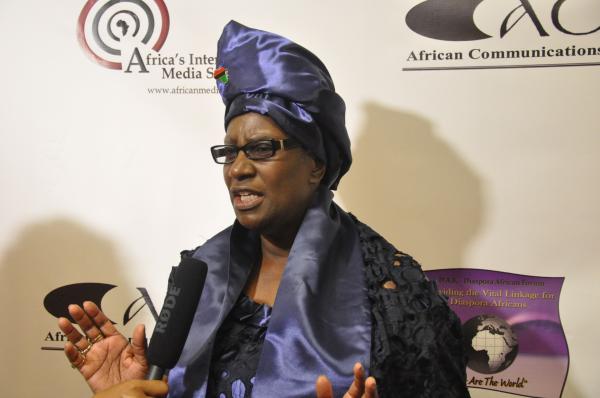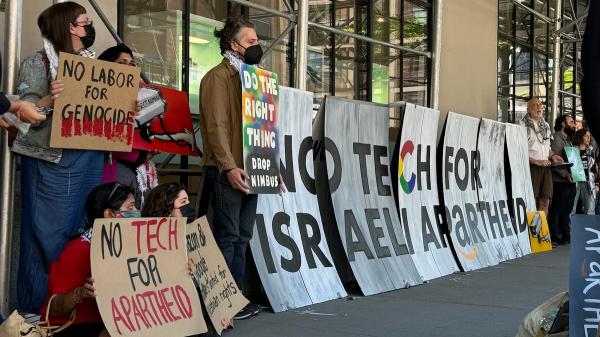
Tensions have resurfaced between Turkey and Israel, with Recep Tayyip Erdoğan criticising the “racist and discriminatory” treatment of Palestinians.
Israel responded by summoning the Turkish ambassador and condemning Ankara’s human rights record.
Erdoğan, Turkey’s president, denounced Israeli practices during an address in Istanbul on Monday night, describing the blockade of Gaza as having “no place in humanity”.
He urged Muslims to visit the al-Aqsa mosque in Jerusalem as a means of supporting the Palestinian cause and called for the establishment of a Palestinian state with its capital in East Jerusalem.
Erdoğan also condemned a Knesset (Israeli parliament) bill to muffle the azan, the Muslim call to prayer, in Israel and occupied East Jerusalem.
“If you have faith in your religion, why are you afraid of the azan?” he said. “We will not allow the azan to be stopped in al-Quds [the Arabic name for Jerusalem].”
The Israeli foreign ministry responded with an apparent reference to Ankara’s crackdown on dissidents after a coup attempt last July.
The Israeli president, Reuven Rivlin, during a meeting with the archbishop of Canterbury, Justin Welby, in Jerusalem, said in response to Erdoğan’s remarks: “We have heard voices which attack Israel for building Jewish life in Jerusalem.
I must tell these people, for the last 150 years there has been a Jewish majority in Jerusalem, since 1850. Even under the Ottoman empire, there was a Jewish majority in Jerusalem.
“There is no doubt, Jerusalem is a microcosm of our ability to live together. And we will continue to ensure freedom of religion for all faiths.”
The fresh diplomatic crisis comes as both regional powers face impassioned critiques from the international community over alleged human rights abuses.
Israel has had to contend with the fallout of a hunger strike by Palestinian prisoners demanding better conditions in jail, while Turkey has been accused of growing authoritarianism after voters narrowly approved a set of constitutional amendments last month that grant Erdoğan sweeping new powers.
It was the first flare-up since the two former allies reconciled last June, formally ending six years of estrangement since the Mavi Marmara incident, when Israeli commandos raided a flotilla aiming to break the siege of Gaza and killed nine Turkish civilians.
Under the reconciliation deal, Ankara and Israel normalised diplomatic relations and appointed new ambassadors, with Israel pledging to pay $20m (£15.5m) in compensation to the Mavi Marmara victims’ families and allowing Turkey to carry out humanitarian projects in Gaza.
Turkey promised to block legal action against Israeli soldiers involved in the raid and limit the activities of militant group Hamas in the country.
But relations had remained cool, with both countries focused on the crisis in neighbouring Syria and preoccupied by domestic matters.
Largely free of immediate concerns at home after the narrow referendum victory and purge of dissidents in the civil service, police, army, media and universities, Erdoğan has raised the spectre of a break with the EU by publicly saying he would sign into law a bill to reinstate the death penalty if it were to pass parliament, a measure popular with nationalists.
His frequent sparring with Israel has in the past increased his popularity in the Arab world, crafting an image of a defender of oppressed Muslims, which has resonated with conservative supporters in Turkey.
NAN






















